Northern Michigan University will study the feasibility of developing and sustaining a dental hygiene education program in Marquette to meet workforce needs of regional offices and enhance oral health services for Upper Peninsula residents. The closest existing program in the state is about 350 miles south in Big Rapids. NMU successfully applied for a $71,500 grant from the Delta Dental Foundation to conduct the study. All U.P. dental societies joined in signing a letter of support.
“The need for talented individuals to help provide timely and comprehensive care is greater than ever, and the collective dental offices of the U.P. are not immune to the challenges that face health care today,” the support letter stated. “There needs to be an effort to develop, attract and retain talent. Establishing a training program here in Marquette at NMU would greatly improve the number of qualified providers and subsequently improve access to care across our region.”
“The existing dental hygiene programs have wait lists of three to five years, and few are positioned to support rural health needs,” said Elise Bur, director of the NMU Center for Rural Health. “Northern Michigan University has established strong dental partnerships with independent practices, tribal health centers and federally qualified health centers that strongly support this exploratory project. The potential to develop a hygiene education model that supports rural health could serve as a model for other rural areas in the nation.”
Because there are no dental hygiene programs in northern Michigan, Bur said individuals have to migrate out of the U.P.for training and may be less likely to return. When combined with the region’s aging population, she said this impacts the available workforce, access to and affordability of health care services and economic development.
The Delta Dental Foundation (DDF), which supports workforce development and access to care as key components of its strategic plan, sees this feasibility study as a chance for the U.P. to lean on local talent and grow its own oral health workforce.
“Graduates from a dental hygiene program at NMU could effectively write their own tickets,” said Holli Seabury, EdD, executive director of the DDF. “The demand for hygienists is huge, especially in the U.P. This will be an economic opportunity that improves oral and overall health in northern Michigan communities.”
According to the Michigan Health Council’s 2023 Health Care Workforce Index, it is harder to gain access to a dentist in some areas of the state than others. In 21 counties, there are fewer than 3.5 dentists per 10,000 people. In another 20 counties, it is only slightly better—between 3.6 and 4.9.
“While Michigan’s overall ratio of dentists per 10,000 people is at the national average, people living in about half the counties in this state have far fewer dentists available. In other words, more than 1.7 million residents live in areas with a shortage of dentists,” the report stated. Bur said the absence of a dental hygiene program in northern Michigan has exacerbated the impact of the overall oral health labor distribution in a more rural part of the state.
The feasibility study will be conducted in accordance with American Dental Hygiene Association recommendations. The project is expected to begin in earnest in late May and be completed by fall 2025.
If NMU determines, with input from local stakeholders, that a new dental hygiene education program in Marquette is feasible, Bur said future steps would include: developing the curriculum and applying for NMU board approval; solidifying additional funding for implementation, faculty, space and supplies; marketing the program and recruiting students; and securing Commission on Dental Accreditation approval.
Bur said continued conversations will be required to gain additional regional and state legislative support in identifying funding sources to sustain the program.
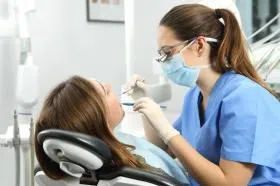














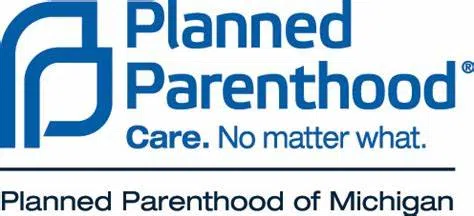
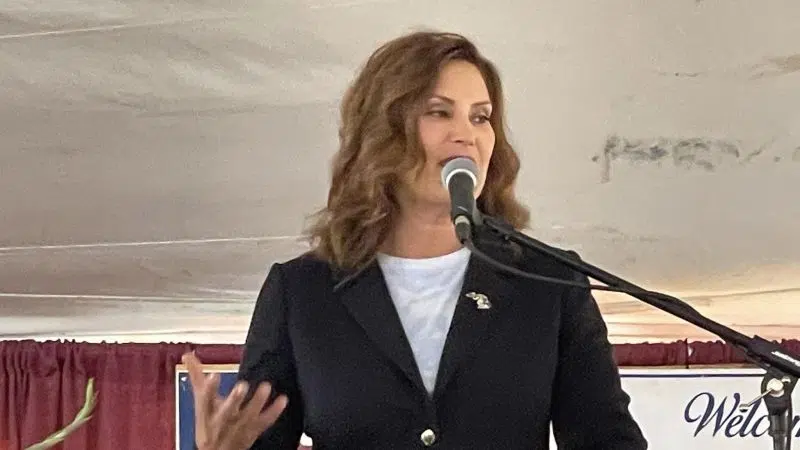
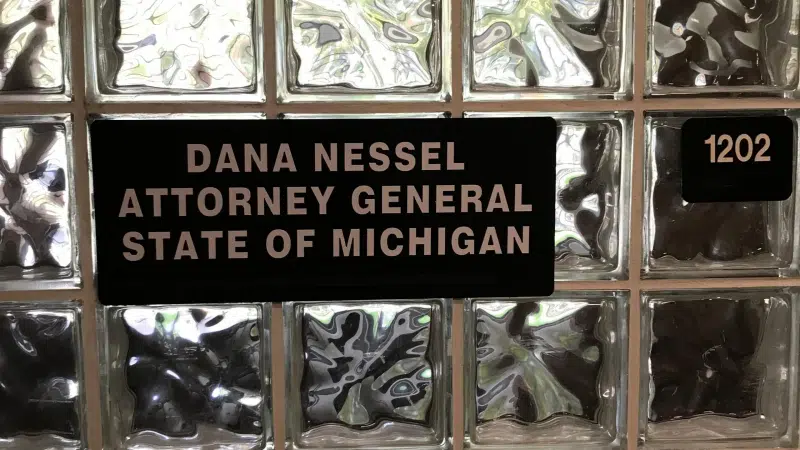

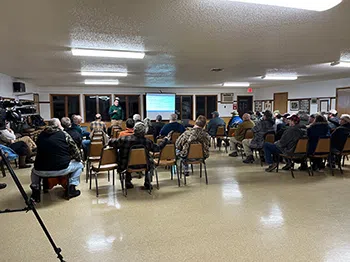
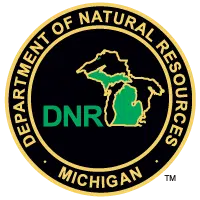


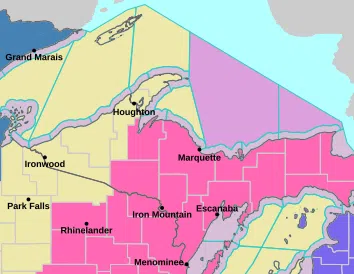



Comments